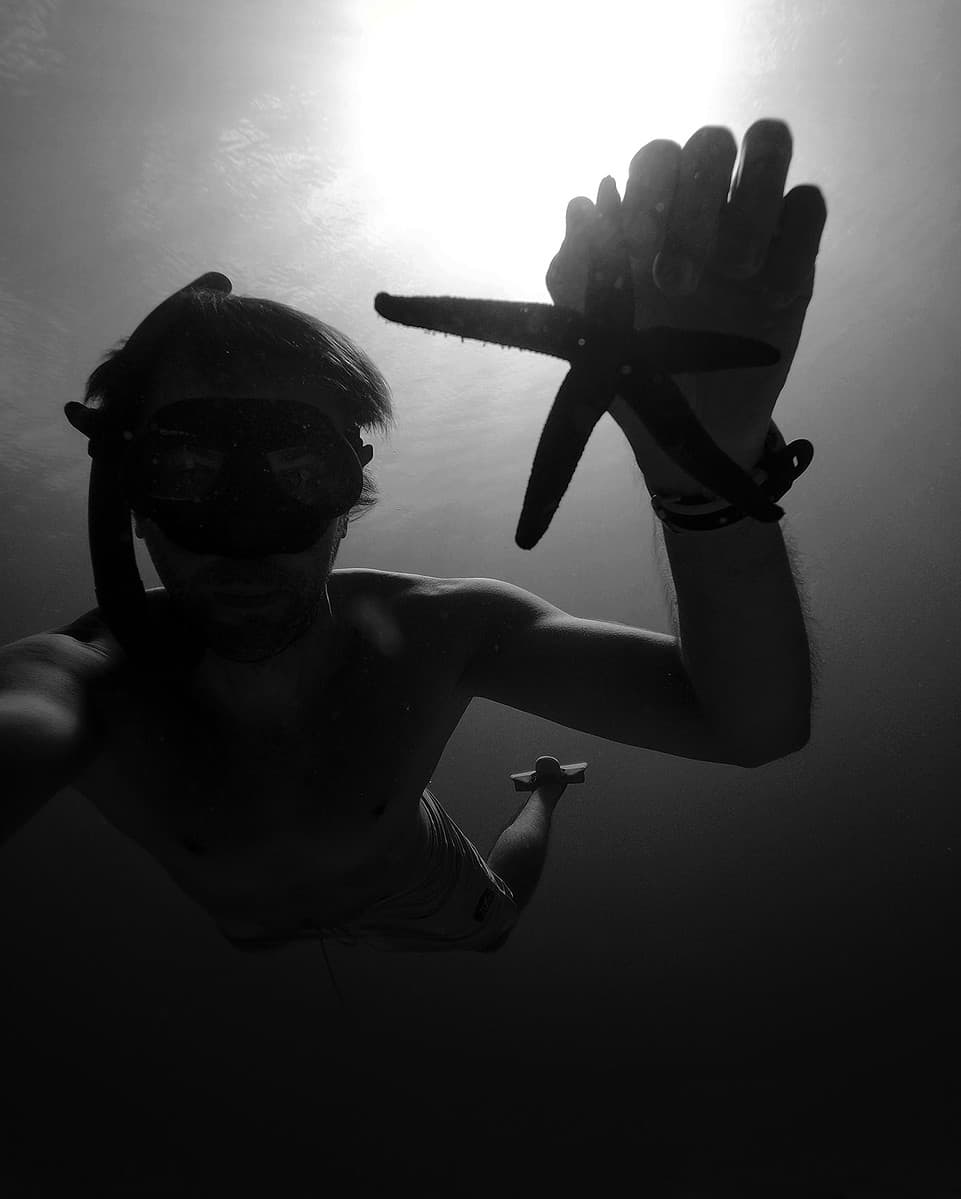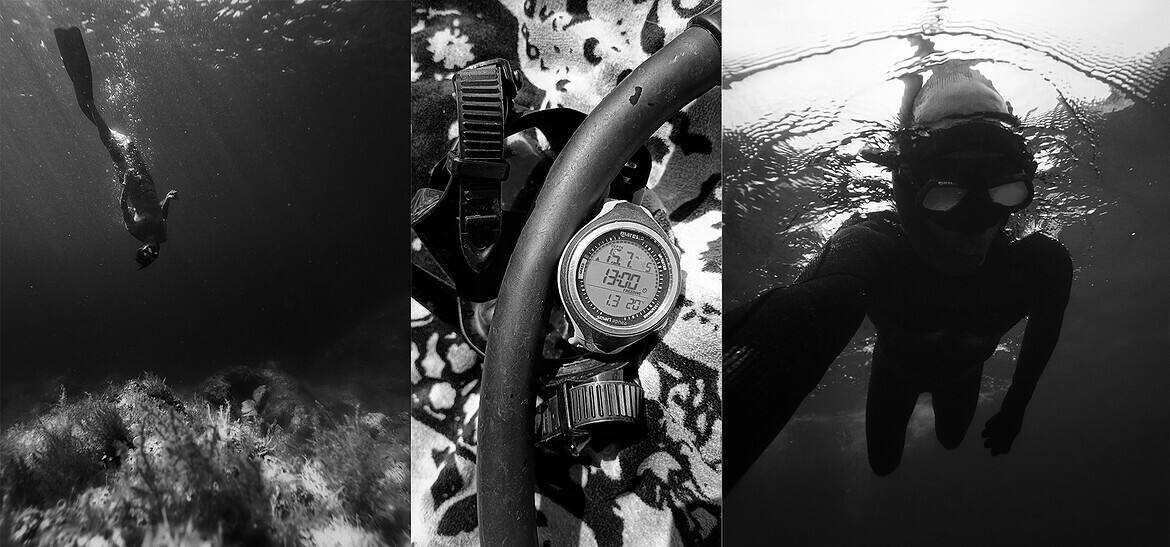Are you planning for a scuba diving session for the upcoming summer months? Planning a scuba diving trip can be quite a thrill. The underwater world awaits, with its beauty and captivating marine creatures offering an adventurous experience. However, before you embark on this thrilling journey, it’s crucial to ensure that you have all the dive equipment. With proper dive stuff, scuba diving not only becomes more enjoyable, but it protects you from accidents that might occur underwater. To assist you in getting ready, here’s a comprehensive checklist of dive stuff for your upcoming underwater adventure.
-
Dive Snorkel
The dive mask holds importance when it comes to your gear. It should fit snugly. Create a seal around your face, ensuring no water enters. Additionally, having a snorkel allows you to conserve air by enabling surface breathing while exploring the underwater realm. Be sure to choose high-quality options that match your face shape and size perfectly. There are different companies in the market that provide high-quality dive stuff for sale. So, research a bit before buying your dive snorkel.
-
Fins
Selecting the right pair of fins can greatly enhance your diving experience. Fins provide propulsion and maneuverability underwater, making swimming effortless and smooth. Look for fins that offer fitment, durability, and sufficient thrust capabilities. Various types are available, such as full-foot fins or adjustable strap fins, so choose the one that suits you best.
-
Choosing Between a Wetsuit and a Drysuit
When deciding whether to wear a wetsuit or a dry suit for your dive, consider the water temperature. Wetsuits, made of neoprene, provide insulation and are suitable for water. On the other hand, dry suits are designed to keep you dry by sealing out water and are ideal for colder temperatures. It’s important to ensure that whichever option you choose fits and provides thermal protection.
-
BCD (Buoyancy Control Device)
The BCD is a piece of diving equipment that allows you to control your buoyancy underwater. It enables you to achieve buoyancy effortlessly hovering at any depth. Look for a fitting BCD with lift capacity to support your weight, along with any additional equipment like cylinders and diving accessories.
-
Regulator
The regulator is a component of your gear as it enables you to breathe underwater by reducing high-pressure air in your cylinder to ambient pressure. Consisting of a second stage and alternate air source, it’s important to choose a regulator that is easy to use, comfortable to breathe from, and exhibits excellent performance characteristics.
-
Dive Computer
A dive computer is a device for any diver. It’s really important to have the information when you go diving, like knowing how deep you can go, how long you can stay underwater, and when you need to decompress. This helps you plan your dive and make sure you stay safe. Look for a computer that is easy to use and has a screen and some extra features, like showing your air levels and keeping a log of your dives.
-
Dive Light
If you’re planning on diving at night or in areas underwater, having a dive light is essential. It helps you see clearly and makes the colors of life look amazing. Make sure to choose one with the brightness, battery life, and beam width for what you need.

-
Dive Camera
Many divers want to capture the beauty of the world through photos or videos. Investing in a camera lets you document your adventures and share them with others. There are types of compact cameras, mirrorless cameras, and DSLRs – each with its own advantages and limitations. Pick one that fits your photography skills and budget.
-
Dive Knife
Another important tool for diving is having a knife or cutting tool handy. It’s useful for safety reasons – if someone gets tangled up in something or if there are fishing lines or nets that need cutting. When choosing a knife or tool for diving, it’s important to select one that’s resistant to corrosion and easy to handle.
-
Safety Gear
While diving is generally safe when done correctly, it’s vital to be prepared for any emergencies. Make sure you have safety equipment like a signaling device (such as a whistle or surface marker buoy), a dive alert, and an extra diving mask as part of your gear. These items can help you get attention, communicate effectively, and ensure your safety in situations.
-
Dive Bag
Lastly, don’t forget the importance of a bag that allows for convenient transportation and storage of all your diving gear. Look for a bag with compartments, padding, and durability to protect your equipment well. Some bags are specifically designed for diving gear. Even offer features like drainage systems to prevent water buildup.
Conclusion
In summary, having the right dive gear is crucial in ensuring a successful adventure. By following this checklist of dive equipment, you can be confident that you have everything necessary to make the most out of your diving experience. Remember to check and maintain your gear for its functionality and longevity. Happy diving!

